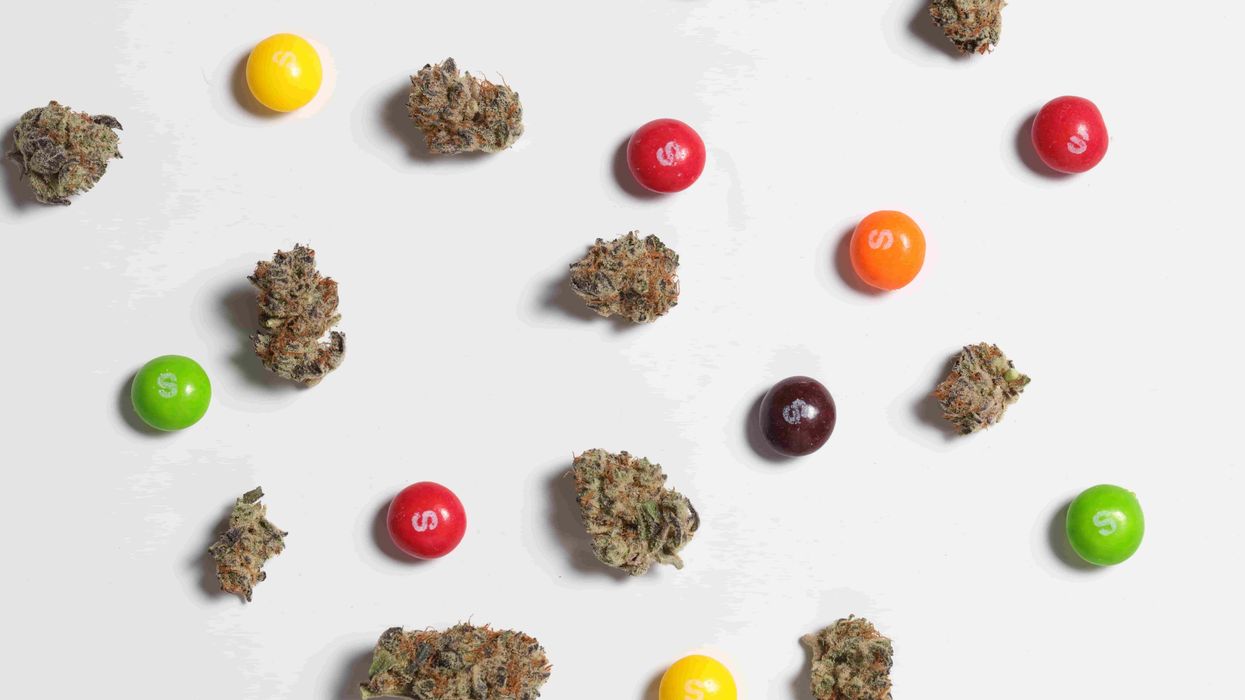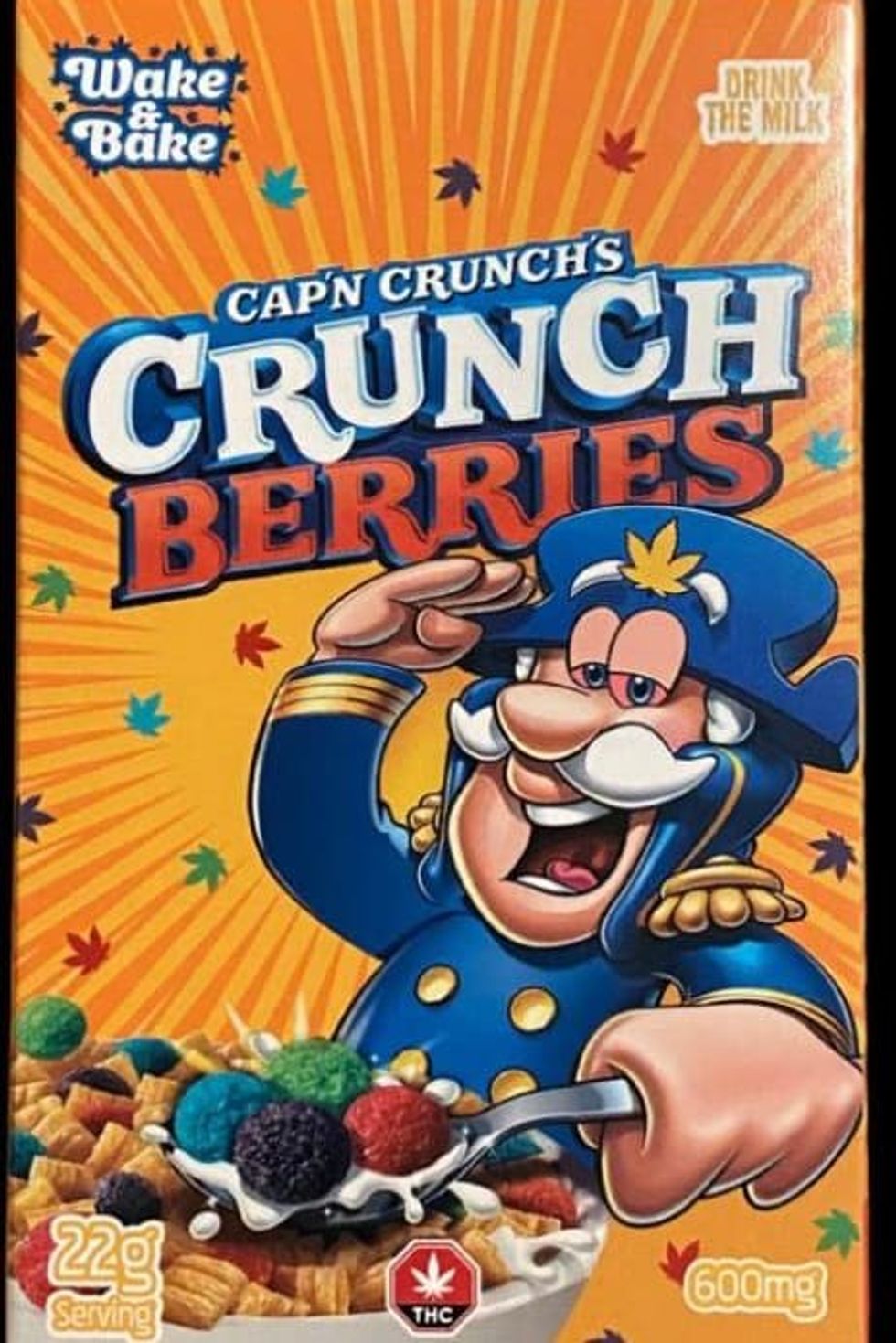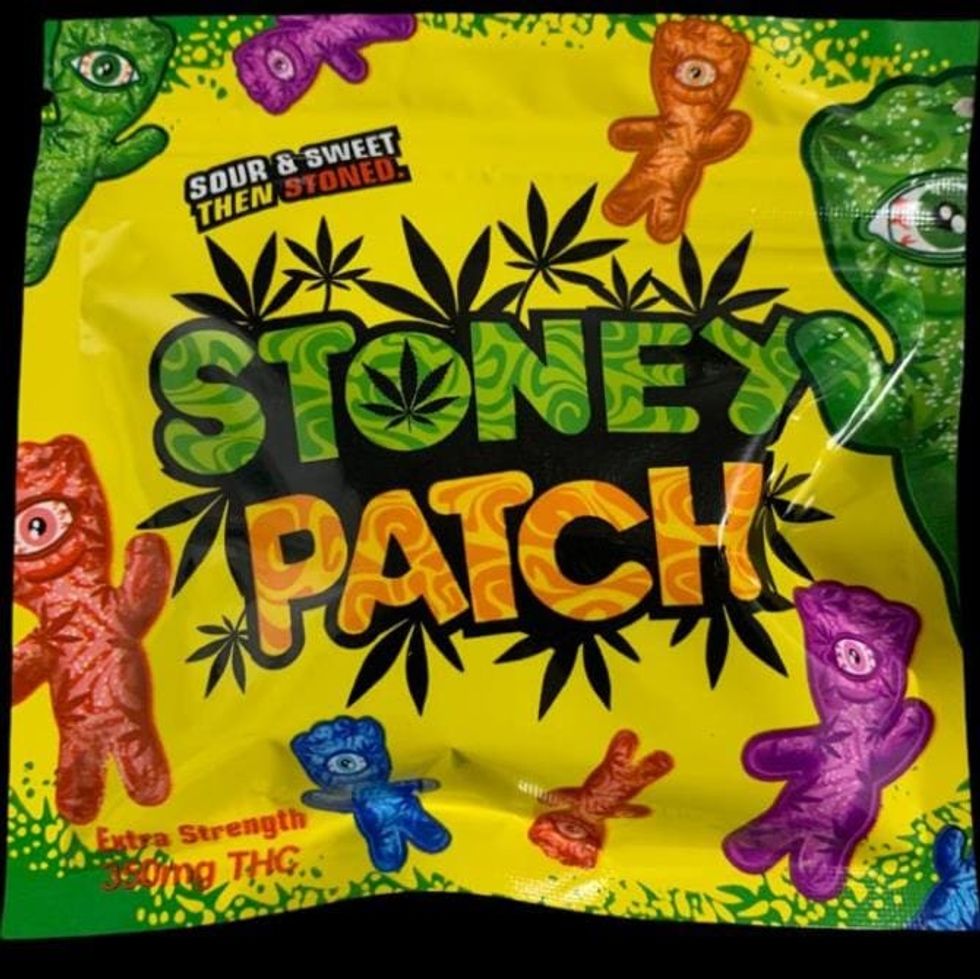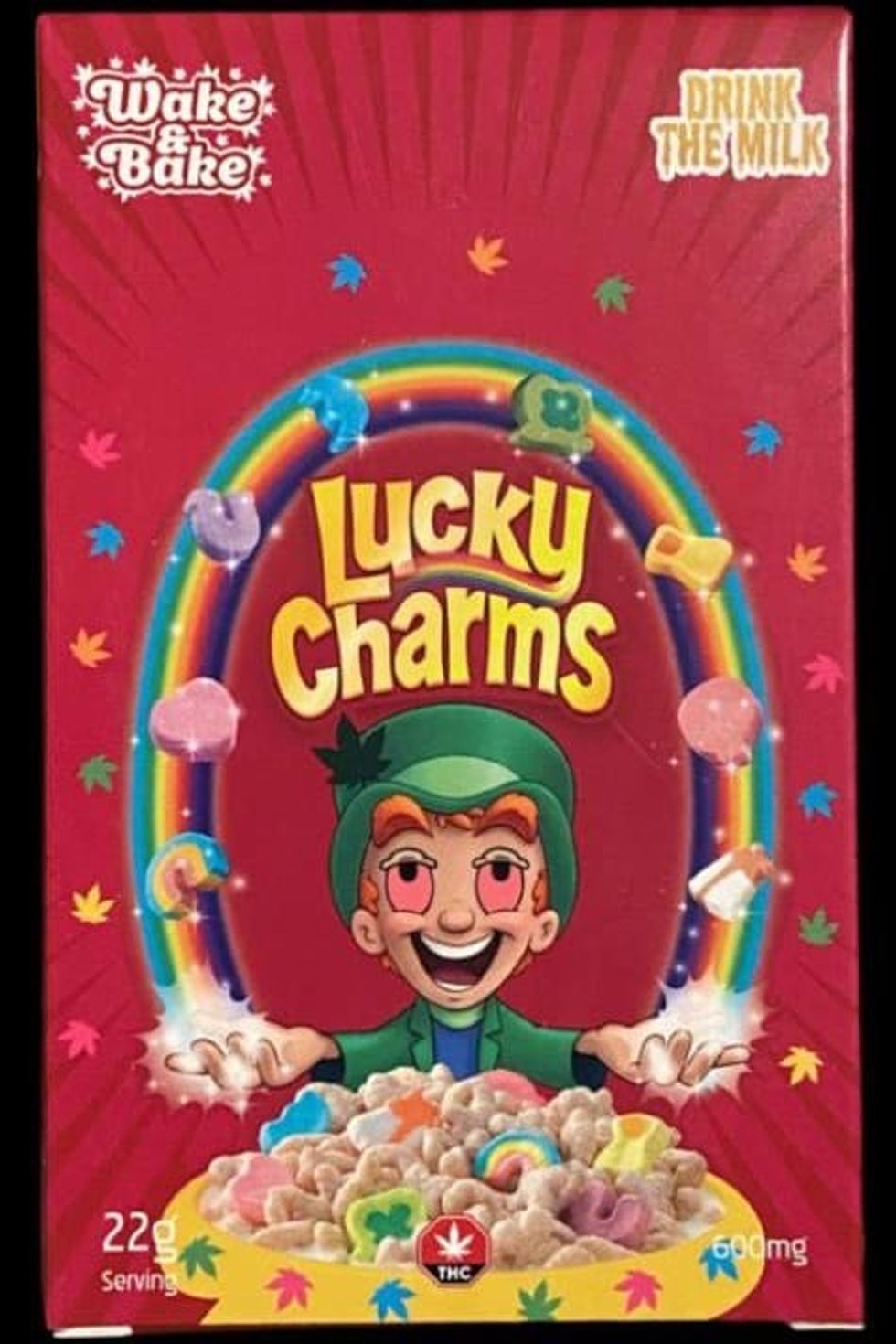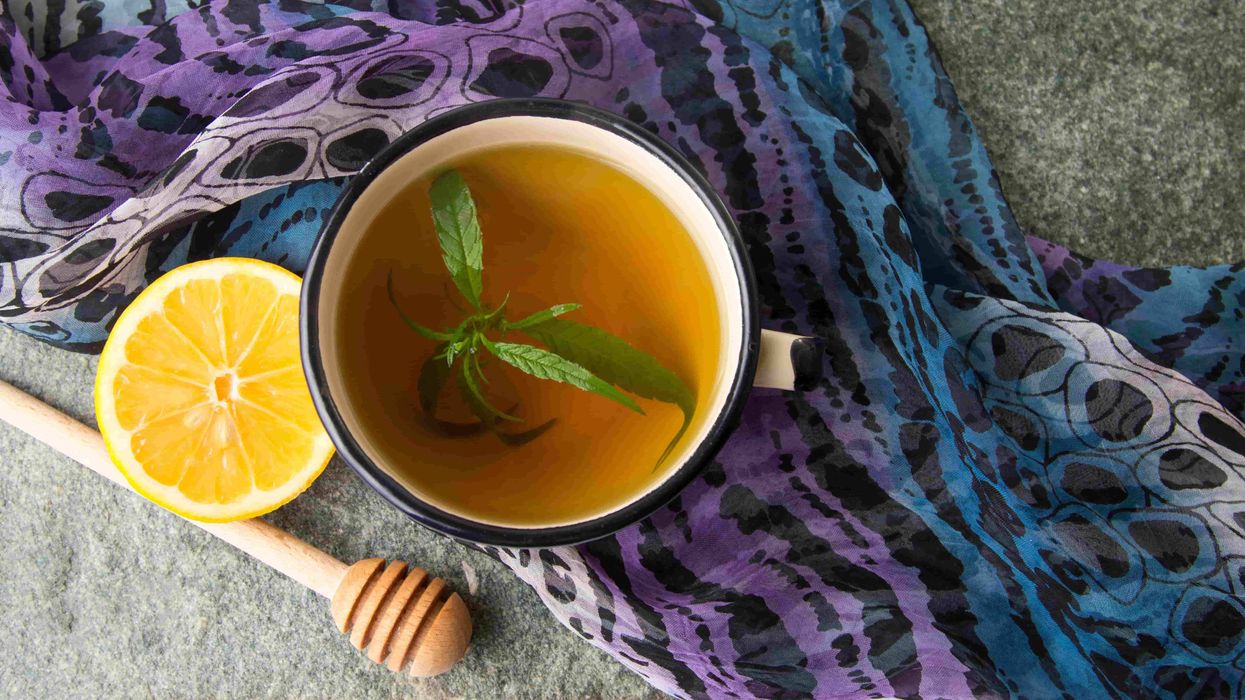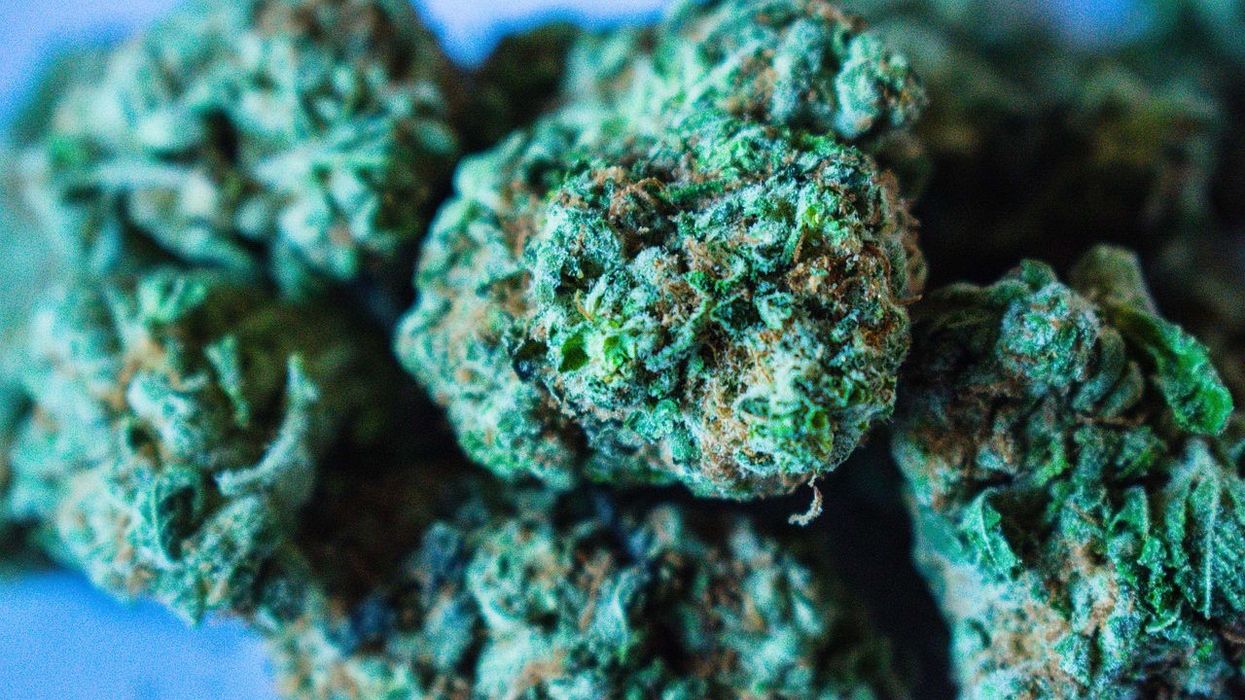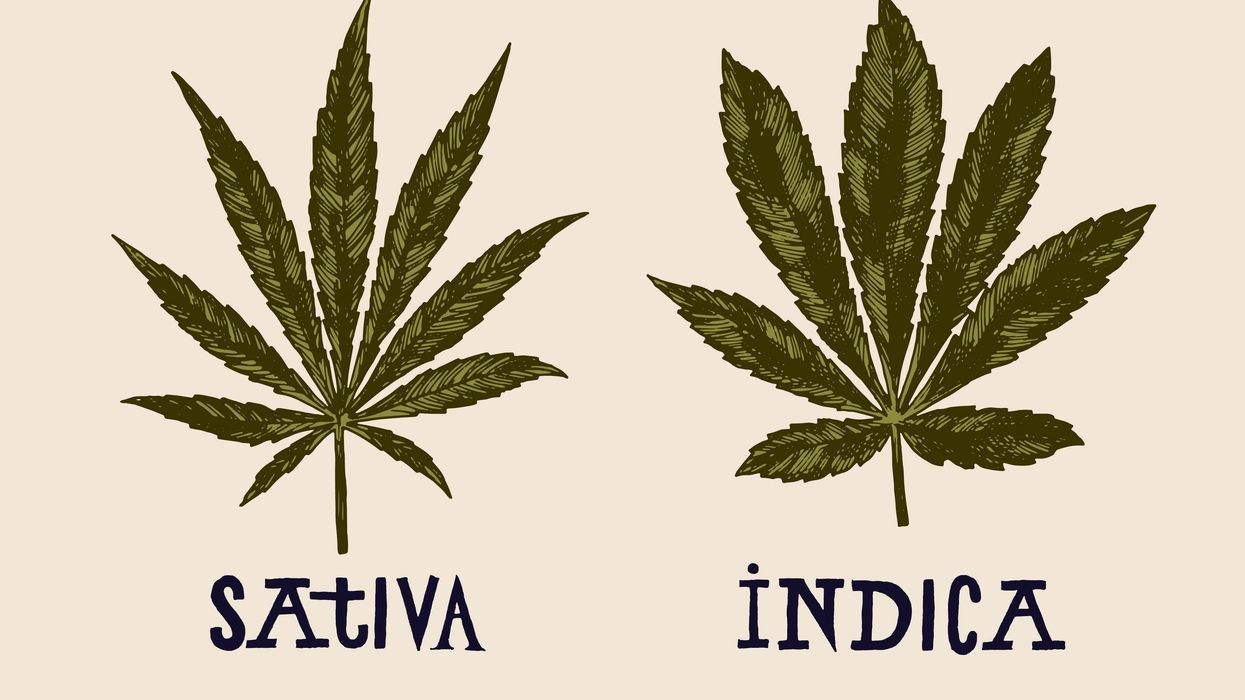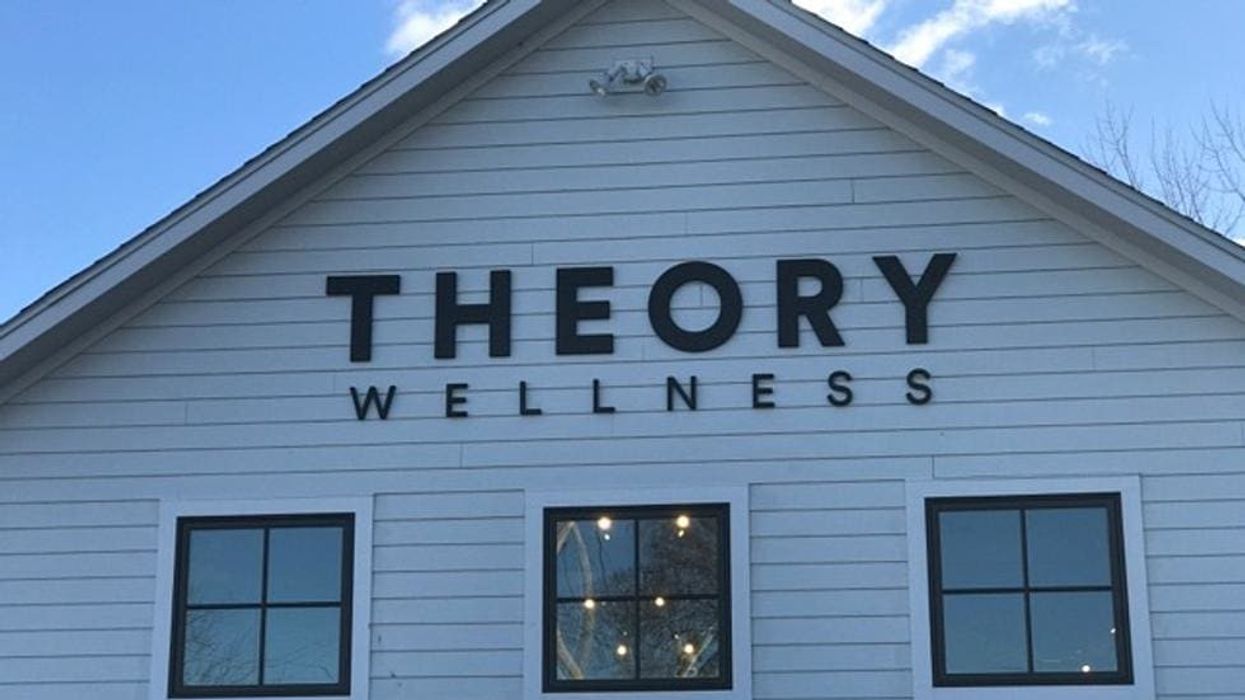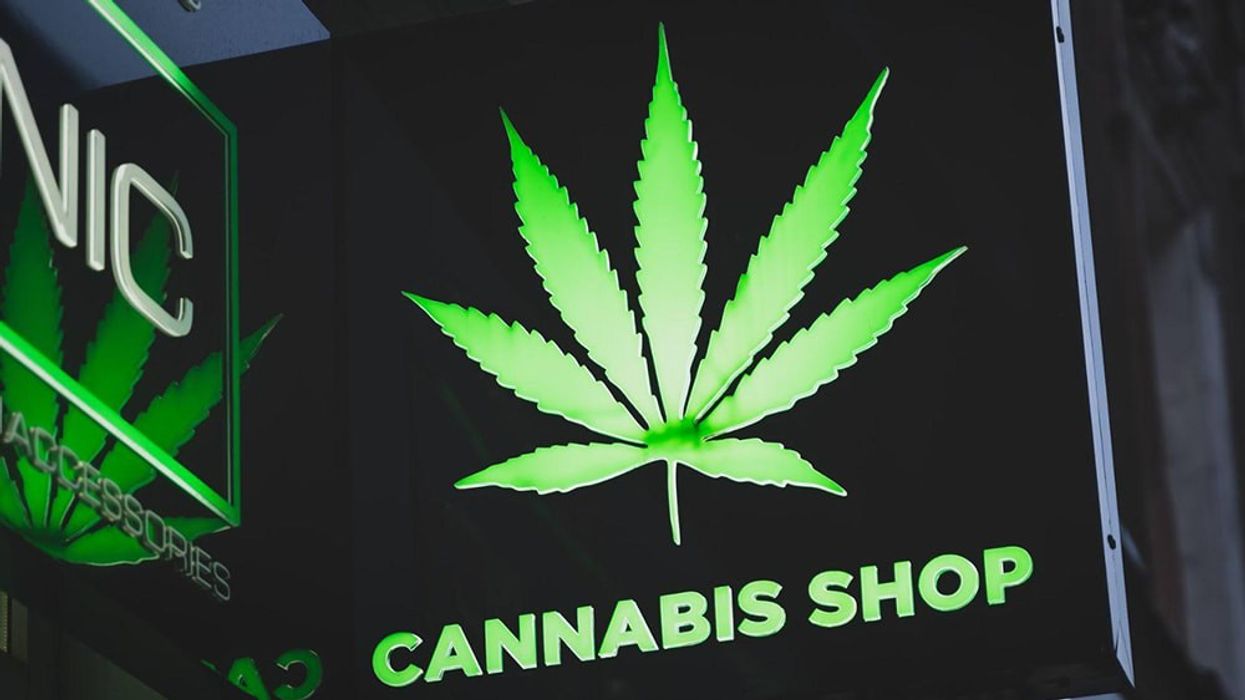What is up with so many cannabis brands copying mainstream candy products?
In August 2022, Wrigley won a trademark-infringement lawsuit against a company selling “Medicated Skittles” and “Medicated Cannaburst Gummies.”
While state cannabis regulations have gotten better about preventing this type of thing, the grey market is rife with colorful, copycat branding.
This is a half-assed attempt at cannabis ‘normalization’, and it’s downright dangerous to package these products where people – especially children – could mistake them for regular candy.
Just last month, a 30-year-old mother in Virginia was charged with the murder of her 4-year-old son, who died after eating her stash of edible gummies. This is absolutely tragic on all fronts.
Last April NYU researchers revealed that a lot of these grey market copycats have THC levels much higher than permitted by state regulations. That's great if you love getting stoned out of your gourd. Not so great for people who are especially sensitive to THC.
“Recent news reports have drawn attention to edibles that use similar branding and imagery to mimic popular snack foods. These copycat cannabis products are a public health concern given that people – including children – could mistake them for snacks and accidentally consume them From 2017 to 2019, U.S. Poison Control Centers handled nearly 2,000 cases of young children ages 0 to 9 consuming edibles,” stated the NYU release.
Cannabis storage basics: keep your products out of reach from children!
The Allure of Copycat Branding
The popularity of copycat cannabis products says a lot about the people who make them … and the people who buy them.
Let’s start with the manufacturers. In many cases these brands cannot afford a legal license to operate. Yet, they’re content to thumb their noses at the FDA. It’s their copycat products that make national headlines, not the licensed products.
Even bad press is good press, right? These grey-market manufacturers are well aware of that, and they won’t stop until the authorities shut them down.
The popularity of copycat cannabis products says a lot about the people who make them … and the people who buy them.
Gregory Frye
Secondly, they know these products will appeal to the lowest common denominator. Overly processed junk food full of added sugar, yellow #5, and a bunch of other shit the FDA says is okay (even though it’s not).
The fact that these sugar-filled cannabis copycat products are such a big hit says more about the people who buy them than the people who make them.
People who buy this junk don’t care about their health, or they’re naïve about the nuances of nutrition and how the things we eat can impact the brain and body, including your endocannabinoid system.
People are conditioned to think of sugar cereals as a conventional breakfast, that candy and sweets are a treat, when in reality it’s a slow poison, contributing to health maladies such as diabetes, heart disease, inflammation, obesity, and cancer.
A lot of people turn to cannabis to help with or even prevent these conditions. However, when you combine cannabis with unhealthy ingredients, you’re pretty much neutralizing any medical value.
Companies like Wrigley are rightfully taking these copycat brands to court, however if more people knew about the perils of added sugar (research that Big Sugar buried for 50 years) there would be even more lawsuits, and they would have nothing to do with cannabis.
Need a little more Bluntness in your life? Subscribe for our newsletter to stay in the loop.
